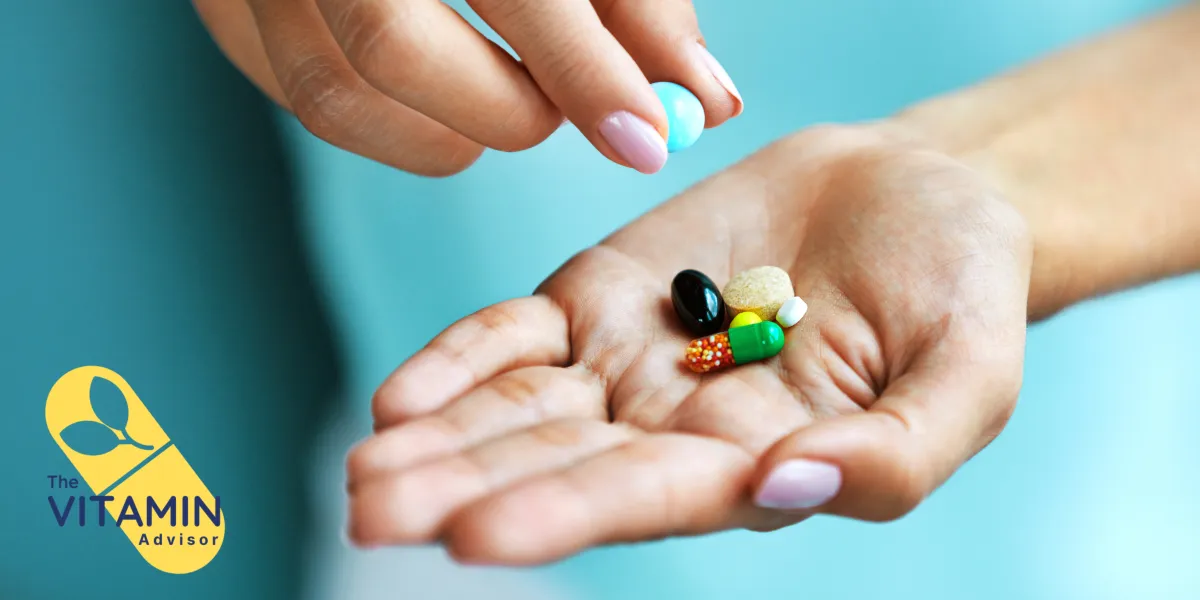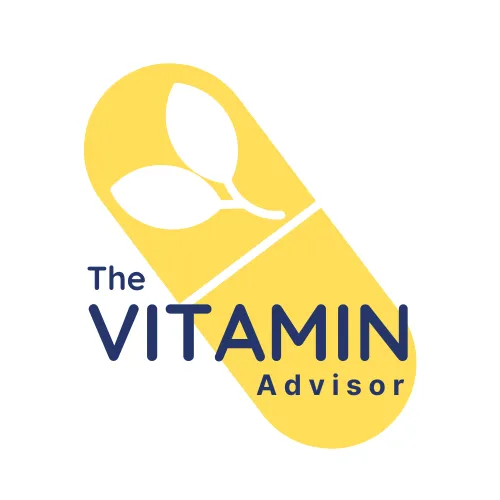

The Vital Role of Iron in Your Diet: Why Supplementation Matters
Introduction:
Iron is a mineral in the diet that plays an important role in maintaining our overall health and well-being. From transporting oxygen to supporting energy production and cognitive function, iron is an essential nutrient that should not be underestimated. In this blog post, I'll delve into the importance of iron in the diet, discuss the need for supplementation in certain individuals, highlight potential contraindications, and provide reliable resources for more information.
The Role of Iron in the Body
Iron is like the conductor of an orchestra, orchestrating a symphony of functions within our bodies. One of its primary functions is transporting oxygen from the lungs to every cell in the body through hemoglobin, the protein in red blood cells. This ensures that our tissues and organs receive the oxygen they need to function optimally. Iron also plays a crucial role in energy production, cellular metabolism, and supporting a healthy immune system.
Iron in the Diet
While iron is found in both animal and plant sources, not all iron is created equal. Heme iron, which is found in animal products like lean meats and fish, is more easily absorbed by the body. Non-heme iron, found in plant-based foods such as beans, lentils, and leafy greens, is not as efficiently absorbed. However, combining non-heme iron food sources with vitamin C-rich foods can enhance absorption of the iron.
Who Needs Iron Supplementation?
While a balanced diet should ideally provide the iron your body needs, certain individuals may require supplementation to maintain optimal iron levels.
These include:
Pregnant and Breastfeeding Women: The increased demands of pregnancy and breastfeeding may lead to a higher risk of iron deficiency, making supplementation crucial to support maternal and fetal health.
Vegetarians and Vegans: Plant-based diets can provide ample iron, but the non-heme iron they contain may require careful planning and supplementation to avoid deficiency.
Athletes and Active Individuals: Intense physical activity can increase iron loss through sweat and potentially lead to reduced iron levels. Supplementing may help prevent performance-related fatigue.
People with Chronic Diseases: Certain medical conditions, such as inflammatory bowel disease or chronic kidney disease, can affect iron absorption and utilization, warranting supplementation under medical guidance.
Contraindications and Considerations
While iron supplementation can be beneficial, it's important to be aware of potential contraindications and considerations. Excessive iron intake can lead to iron overload, especially in people with hereditary conditions like hemochromatosis. What's more, certain medications, such as antibiotics or antacids, may interfere with iron absorption. Consulting a healthcare professional before starting iron supplementation is crucial, especially if you have underlying health conditions or are taking medications.
Conclusion
Incorporating iron-rich foods into your diet and considering supplementation when needed can be a very important part of maintaining health and vitality. From supporting oxygen transport to bolstering cognitive function, iron is a nutrient that shouldn't be overlooked. Remember, a well-informed approach, coupled with guidance from healthcare professionals, ensures you're making the best decisions for your well-being.
Resources for Further Information
For reliable and accurate information on iron supplementation and dietary considerations, consider exploring the following reputable resources:
National Institutes of Health (NIH) - Office of Dietary Supplements: https://ods.od.nih.gov/factsheets/Iron-HealthProfessional/
World Health Organization (WHO) - Iron Deficiency Anemia: https://www.who.int/nutrition/topics/ida/en/
Centers for Disease Control and Prevention (CDC) - Iron and Iron Deficiency: https://www.cdc.gov/nutrition/infantandtoddlernutrition/vitamins-minerals/iron.html
Academy of Nutrition and Dietetics - Iron-Rich Foods: https://www.eatright.org/food/vitamins-and-supplements/types-of-vitamins-and-nutrients/iron
Your Healthcare Provider: Consult with a registered dietitian or healthcare professional for personalized guidance and recommendations.
© Copyright 2023 The Vitamin Advisor / Privacy Policy / Disclaimer

